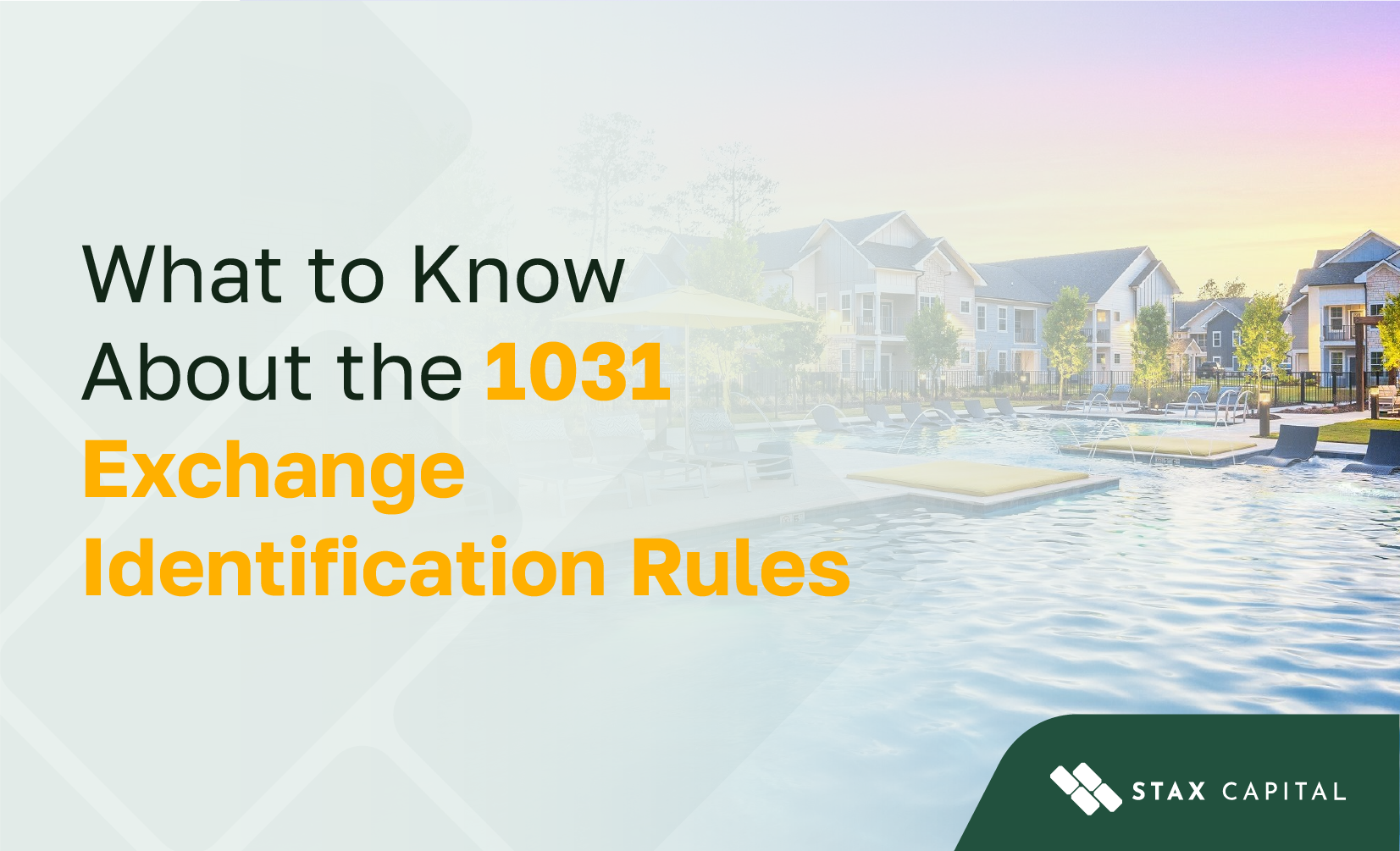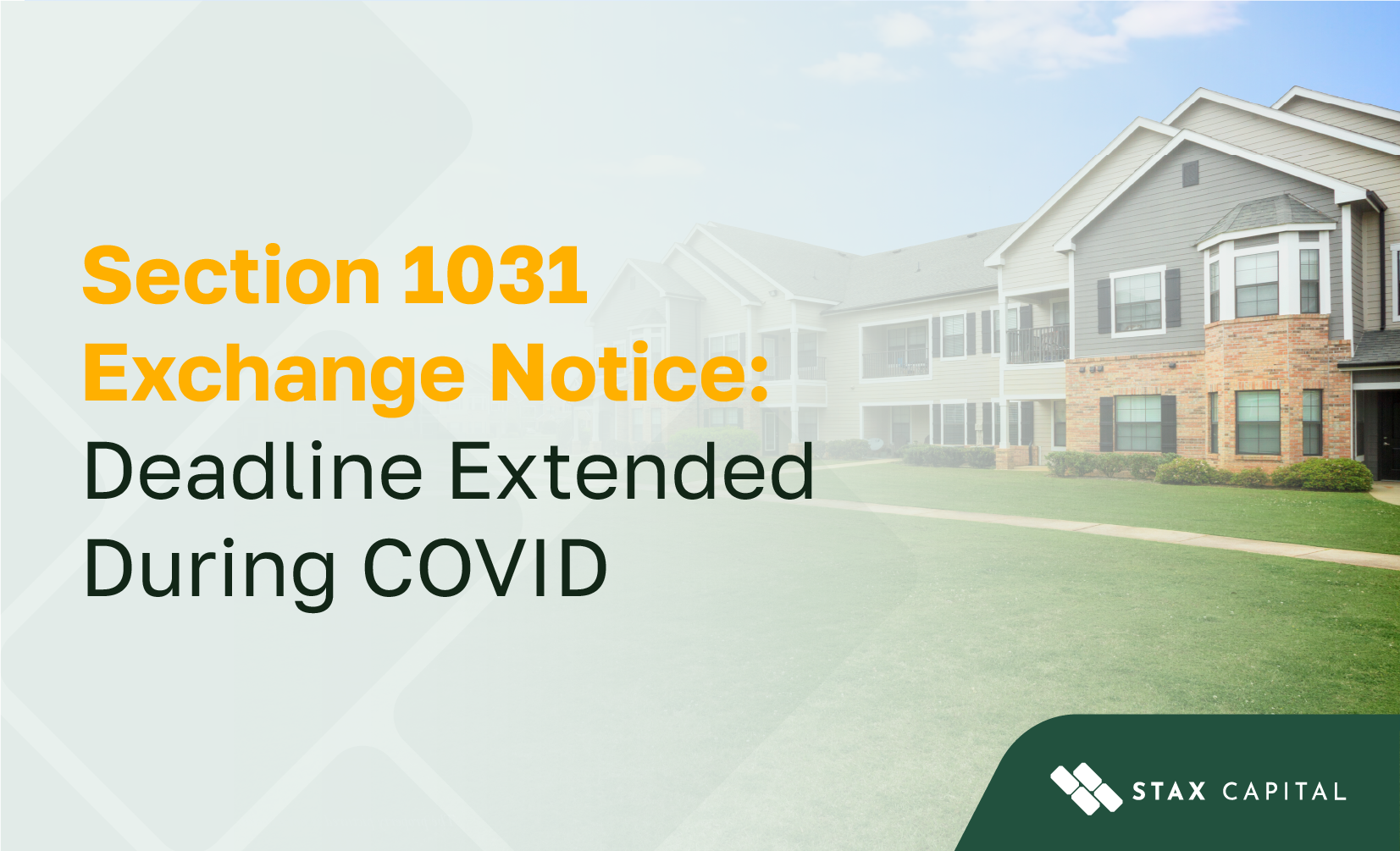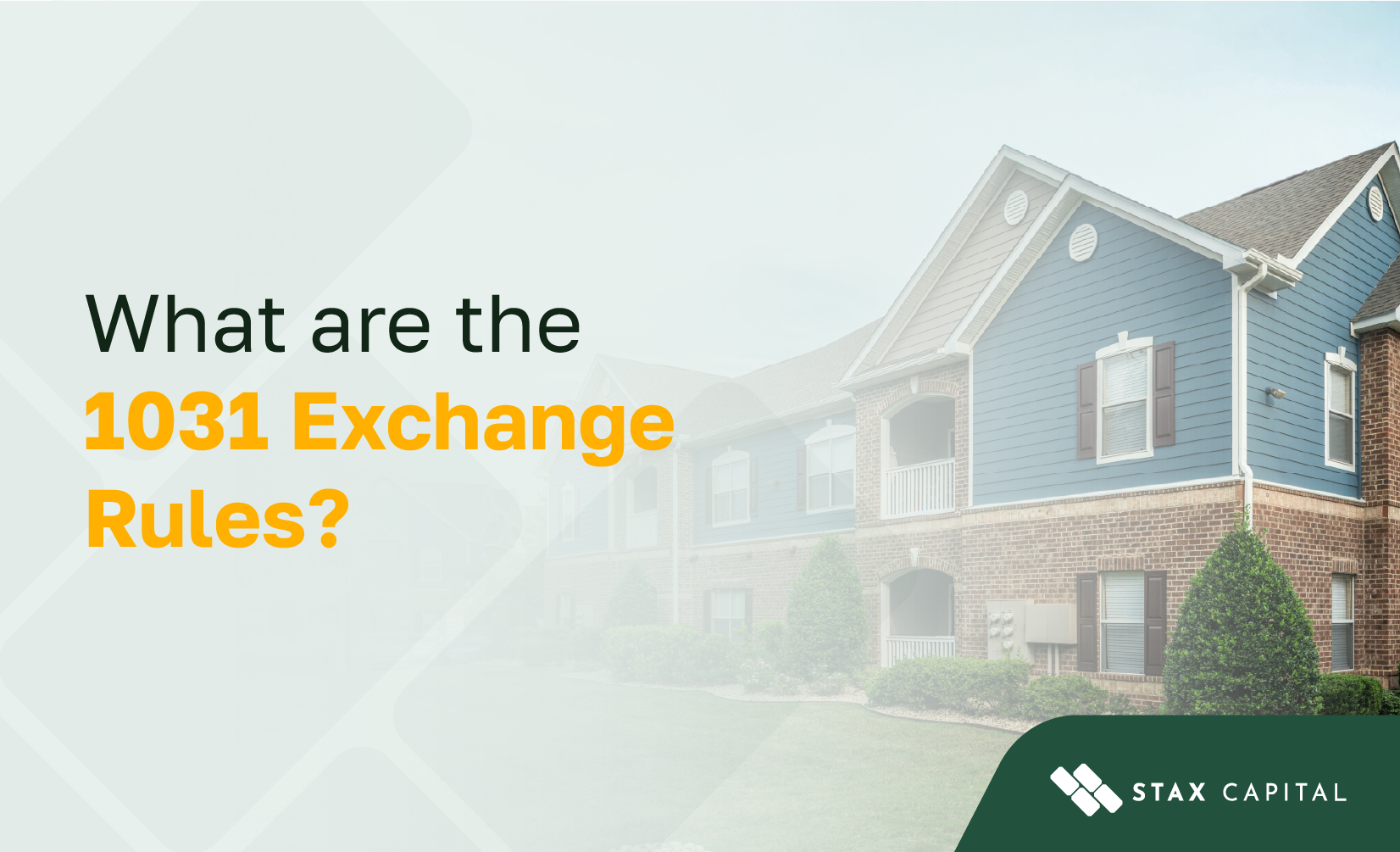Who is a 1031 Qualified Intermediary and How to Choose One

Searching for the right investment property isn’t the only challenging task for a real estate investor. Every property investor needs to identify the right opportunities in order to take advantage of any possible advantages. Accredited property investors looking for ways to reinvest their sale proceeds can explore programs like the Delaware Statutory Trust. For these types of investments that qualify as 1031 exchanges, the services of a qualified intermediary is required. There are a couple of factors to consider when choosing a qualified intermediary for your 1031 like kind exchange investment transactions.
Before going further into what a qualified 1031 exchange intermediary is and how to choose one to facilitate your property sale or purchase, here’s a little background on what the 1031 exchange is.
The 1031 Exchange
Suppose you own an investment or business property, and you decide to sell it. If this sale results in a capital gain, the gain would be subject to tax. However, with the provision of the IRC Section 1031, there is an exception to this capital gain tax that allows you to defer the tax on any capital gains. This deferral is effective if you reinvest the proceeds from the sale in a like-kind property. This is generally referred to as a like-kind exchange. There are specific rules that guide the 1031 property exchange transactions.
The 1031 Like Kind Exchange Rules
To qualify as a like-kind exchange, a sale and purchase transaction needs to meet certain requirements. These include:
Timing Rules: The investor needs to identify the replacement property, also known as the reinvestment property within 45 days of the sale of the relinquished property.
Additionally, the investor needs to receive the replacement property by the earlier of 180 days after the original property has been sold and transferred or the due date of the investor’s tax return for the taxable year in which the relinquished property is transferred.
Like-Kind Property Rules: The like-kind exchange gets its name from the rule that requires the exchange of the properties to be of like-kind in terms of nature and character. This also translates to the values of properties being exchanged as any perceived gain from the difference in values of exchanged properties may lead to taxes.
Qualified Intermediary Rules: A facilitator is required to make the exchange of property and sale proceeds as this cannot be done directly by the investor who intends to sell off a business or investment property. This requirement is an important aspect of the like-kind exchange and here’s what you need to know about using a qualified intermediary.
Who Is A Qualified Intermediary for 1031 Exchanges?
Real estate investors looking to diversify or expand their portfolio have the opportunity to invest through 1031 like-kind exchanges. This type of property investment provides tax advantages for investors who re-invest sale proceeds from a property sale into another property that qualifies as like-kind in nature.
A qualified 1031 intermediary is an independent party to a 1031 exchange transaction, they usually have no formal relationship with the seller of the investment property or the owner of the new property to be invested in. Qualified intermediaries are sometimes called facilitators or accommodators. They are independent parties in a 1031 exchange transaction —possessing no affiliations or personal relationship with the parties involved in a 1031 exchange.
A qualified 1031 exchange intermediary is generally not the taxpayer or termed a disqualified person. The capacity of a qualified 1031 intermediary requires a written agreement with the investor, called the exchange agreement. This agreement specifies certain guidelines and restrictions on the investor’s rights to receive, pledge, borrow or obtain the benefits of the money or property held by the intermediary before the exchange of properties is completed.
The exchange agreement between the tax paying investor and the qualified intermediary also specifies the rights assigned to the qualified intermediary. All parties involved in the exchange agreement would be notified of the assignment in writing on or before the date of the transfer of the relinquished property.
An agent of the tax paying investor is not allowed to act in the capacity of a qualified intermediary for a like-kind property sale transaction. The capacity of an agent includes responsibilities and services on behalf of the taxpayer. This translates to roles such as an investment banker, employee, attorney, accountant, broker, or real estate agent within a 2-year period to the date of the transfer of the first of the relinquished property or properties.
This limitation excludes agent related services as regards exchanges of property intended to qualify for non-recognition of gain or loss under section 1031 and routine financial, title insurance, escrow, or trust services for the taxpayer by a financial institution, title insurance company, or escrow company.
What are the Responsibilities of a Qualified Intermediary?
Without the use of a qualified 1031 exchange intermediary, property sale and purchase may not qualify as a 1031 like kind exchange. This is so because, if the investor actually or constructively receives sale proceeds in the form of cash or other property before receiving the replacement property, any gains realized may become subject to tax. The proceeds from the sale of the relinquished property are secured in a qualified escrow or qualified trust to ensure that the investor does not receive any payments that may disqualify the transaction.
The qualified intermediary for 1031 exchange acts in a capacity to prevent this from occurring. The qualified intermediary facilitates the sale by receiving the proceeds from the 1031 exchange and transferring it to the seller of the replacement property.
Here are a few services a qualified intermediary may perform:
Purchases the replacement property from the seller and transfers the replacement property to the investor.
Partners with other professionals such as accountants and lawyers to make sure that the exchange agreement meets all requirements and that the rights for all parties are clearly stated.
Ensures that the 1031 exchange is executed in the time frame that makes it qualify for deferred tax gains. Effectively communicates on important deadlines and expectations.
Prepares documentations such as trust or escrow agreements, reports, notice of assignments and other exchange agreements.
In addition to the above, the qualified intermediary will facilitate the exchange and receive the relinquished property from the investor before transferring the relinquished property to the buyer.
The qualified intermediary also secures the proceeds from the sale on behalf of the taxpayer until it is required to use as payment for the replacement property.
Factors to Consider When Choosing a Qualified Intermediary
There are important factors to consider when choosing to engage a qualified 1031 exchange intermediary. Careful selection in this process would prevent any errors or complications in the 1031 property exchange transaction. Some of these factors are as follows:
Expertise and Professionalism: 1031 exchanges are complex transactions with equally complex tax and accounting implications. You need a qualified intermediary with adequate level of experience to facilitate all kinds of like kind exchanges within the specific requirements that enable a transaction to qualify for tax deferment advantages. A good, qualified intermediary should keep all parties abreast of any important timelines or changes that may affect the property exchange.
Compliance: There are no widely known licenses or regulations for someone or an entity to act in the capacity of a qualified intermediary. As an investor, you need to carry out due diligence to ensure all legal requirements and procedures are met appropriately. You have the responsibility to ensure the qualified intermediary you engage for your property exchange agreement acts within the confines of any compliance and legal requirements.
Trust and transparency: You should be informed about the details involved in your 1031 exchange process. Use a qualified intermediary that is transparent and trust worthy. Also, due to the highly complex nature of 1031 like-kind exchange transactions, it is recommended to employ the services of a financial advisor and an accountant to provide advice on tax implications or any part of the transaction that may disqualify your capital gains from being deferred.
Funds Security: As an investor, you need to make sure that the proceeds from the property sale as well as the replacement property deed and title are safe. Sometimes it may be necessary to obtain insurance to cover for any losses due to fraud or theft. The proceeds involved in 1031 exchanges are usually of high value thus security should be an important aspect of the transaction.
Stax Capital provides property investment opportunities such as Delaware State Trusts (DSTs) that qualify for capital gain tax deferral under the 1031 like-kind exchange. We engage professional and independent third parties who provide guidance on legal and tax implications for 1031 exchange transactions. With extensive years or experience and expertise, the team partners with you to make sure your financial and investment goals are achieved.



Share: